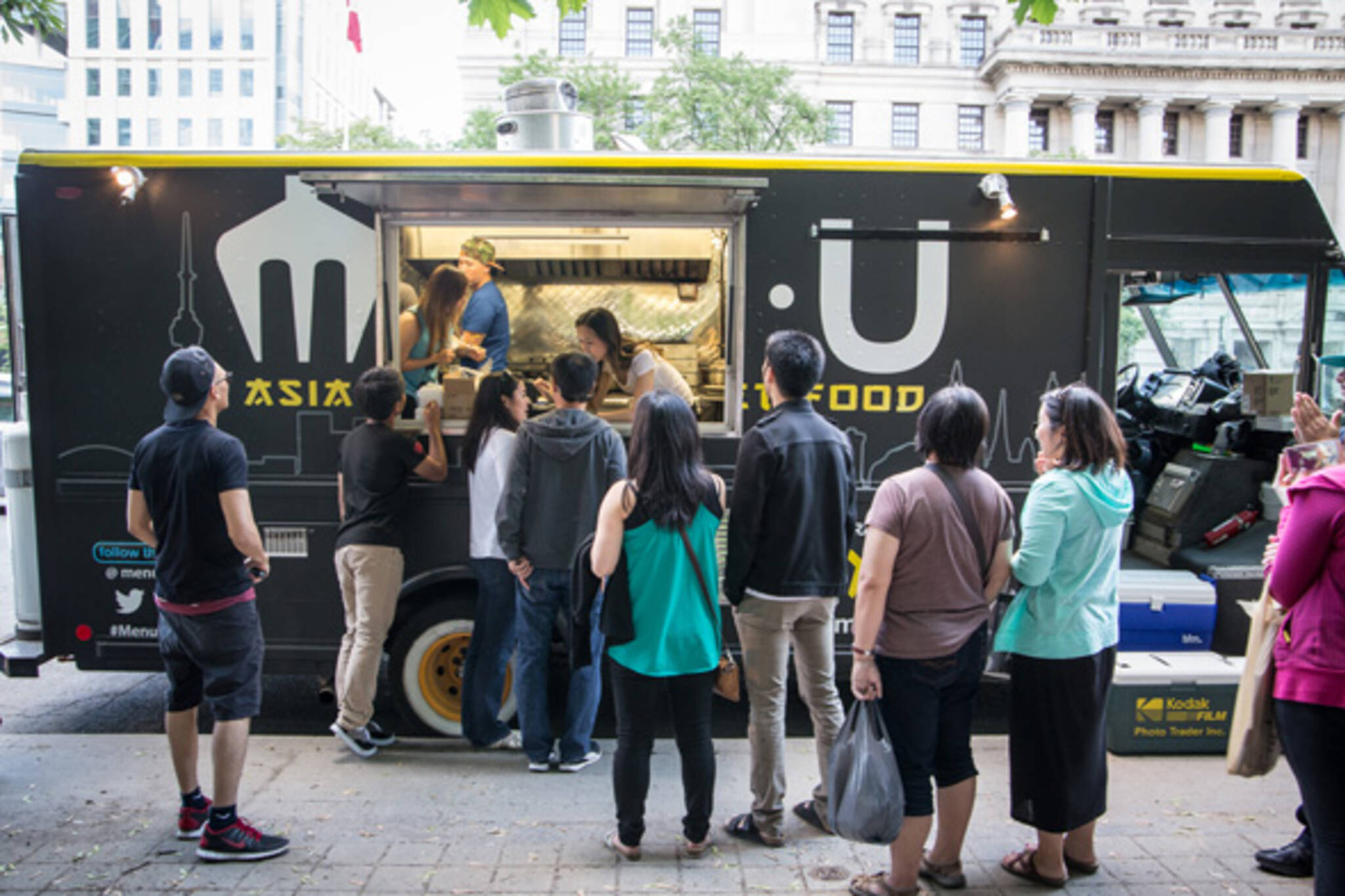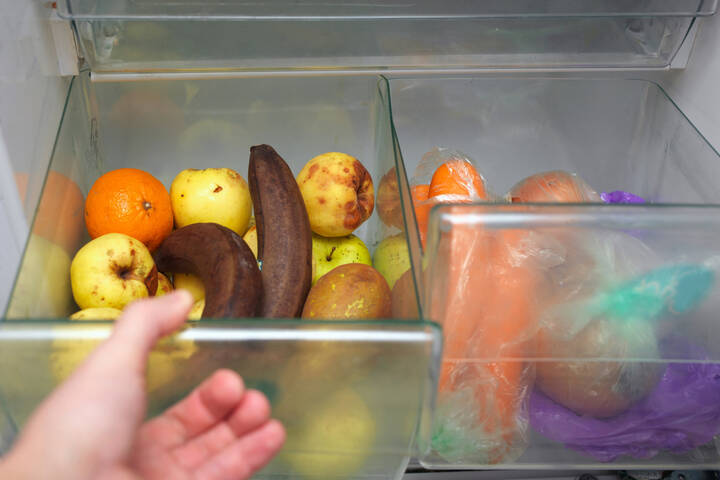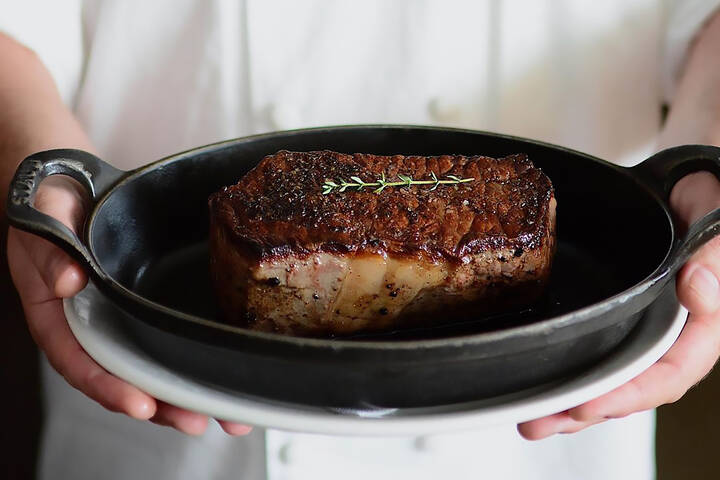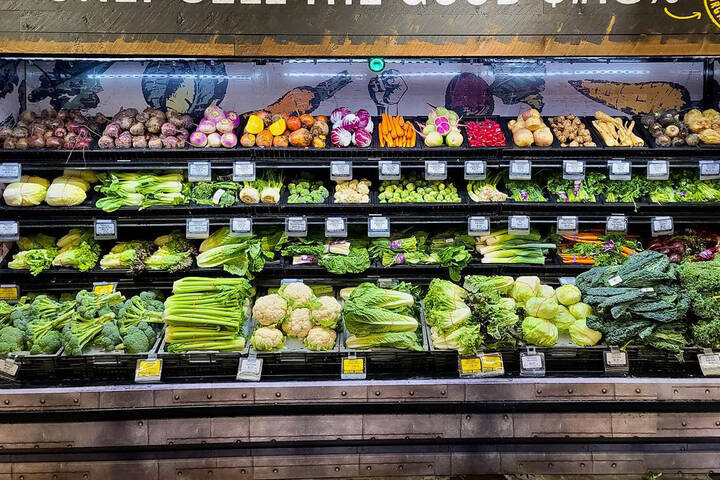
Toronto needs to re-open the debate on food trucks
When city council passed new regulations concerning streetside parking for food trucks in April, they expected a flurry of interest from vendors looking to feed hungry Torontonians from the sidewalk.
In a response to demand from the food trucks, who previously were only allowed to set up shop in privately-owned parking lots, the city created voluntary permits which would allow trucks to set up on city streets - but only for three hours at a time, only in spots 50 metres away from existing restaurants, and only after paying $5,000 a year for the privilege. In order to avoid a glut of applications, a motion from Coun. Kristyn Wong-Tam capped the number of available permits for the next year at 125, including 27 already in circulation.
They needn't have worried. Since the new permits became available earlier this spring, less than 10 of them have been sold..
Most veteran food truck players, many vocal in their opposition to the restrictions presented by the new permits, have decided not to bother with them, sticking to their old privately-owned haunts and using their existing customer base to fuel business. Those who sprang for the permits are mostly newer players, like Randy's Roti and Me.n.u, who lack that existing following.
Councillors who backed more open regulations say they're not surprised: "It's a lot of money to pay for very, very few opportunities, and for many food truck operators, it's not worth their money or their time," says Coun. Josh Matlow.
"I've been hearing from food truck owners that they're not happy," adds Coun. Mary Margaret McMahon. "Obviously, with the uptake of the licenses, that shows."
It's not so clear-cut for Wong-Tam, who advocated for higher restrictions on the grounds that an explosion of food trucks parked in front of brick-and-mortar restaurants would undercut existing businesses.
"Literally, we've had about a month, a month and a half of exposure," she says. "So I don't believe that (nine permits) is a bad number at all, especially considering it's still relatively new."
When the rules came into effect, she says, "it was largely about creating and opening new opportunities, and I think the regulations have been able to do that."
McMahon, however, maintains the permits don't provide enough businesses opportunities for the dollar value. "Most food truck owners would agree that they think the fee is high, but they would agree to pay it if there was less red tape," she says.
Most contentious is the 50-metre rule, which makes most of the downtown core a no-go area. "It does nothing but make food truck regulations so restrictive that it's virtually impossible to put a food truck anywhere where it would be an attractive destination for the operator," says Matlow.
Since the rule's been passed, brick-and-mortar businesses seem to have been mostly silent on the new rule. "I haven't heard from our businesses. Not the ones in Ward 27, anyways," Wong-Tam says. "I haven't heard positive feedback, nor have I heard negative feedback. It seems to be pretty much neutral."
Wong-Tam says she'd consider a looser set of laws if trucks were encouraged to set up in city-owned Green P parking lots. "I would be open to revising the distance separation then, largely because the impact to the public right of way is not as great," she says, adding that would also keep food trucks from blocking patios and sight lines, impacting the curb appeal of existing businesses.
"From my experience traveling in the U.S. and places where food trucks have been popular, food trucks are not necessarily best when they're operated on the street, but rather in parking lots or adjacent open spaces, and that's where they can bring out the chairs and umbrellas and actually create a destination space," Wong-Tam says.
She anticipates that the rules will likely be up for review in about a year; both McMahon and Matlow say that they'd call to reopen the debate. Where Matlow would repeal the 50-metre limit, McMahon plans to push for the rules the licensing and standards council originally wanted: a 25-metre restaurant radius, a five-hour limit to parking (instead of three), and no limit to how many trucks can be on a block at once (instead of the current limit of two).
"I think council made the wrong decision - which is so typically Toronto, unfortunately," Matlow says. "Just hesitant and timid about taking a chance, and allowing for something new and exciting to happen...You've gotta take a chance sometimes to see results."
Photo by Jesse Milns
Latest Videos
Latest Videos
Join the conversation Load comments







